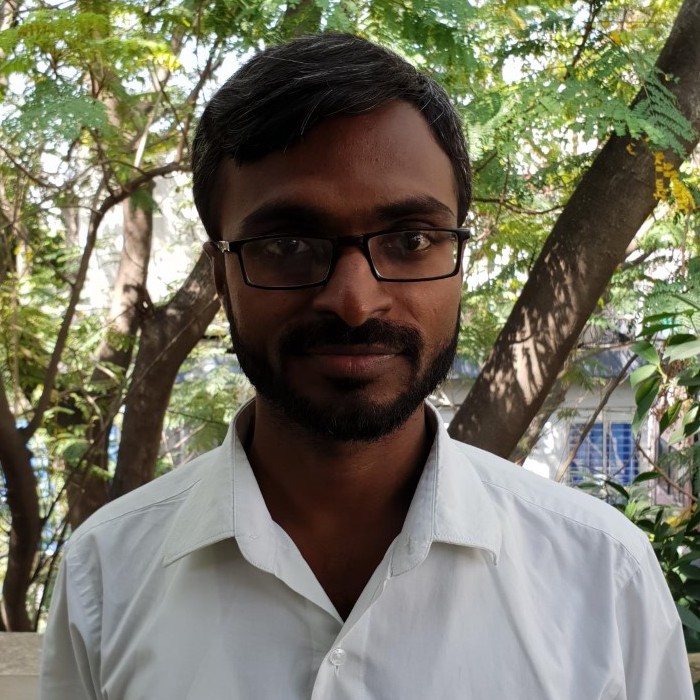This is the second post in a three part series: first post on POCSO, third post on POSH (coming soon).
Central legislation that seek to address gender injustices, including violence against women and children, include: The Protection of Children from Sexual Offences Act, 2012 (POCSO Act), The Prohibition of Child Marriage Act, 2006 (PCMA) and Sexual Harassment at Workplace (Prevention, Prohibition and Redressal) Act, 2013 (POSH). This 3-part post analyses the implementation of these legislation in the state of Tamil Nadu.
The Prohibition of Child Marriage Act, 2006
The PCMA Act aims to prohibit and prevent child marriages. The Act defines a “child” as any girl below 18 years of age and any boy before 21 years of age. The PCMA makes child marriages voidable, i.e. either party may file a petition for nullity. The Act makes child marriages a punishable offence. This extends not only to male adults or legal guardians directly involved in the child marriage but also all persons involved in solemnising, promoting, and permitting child marriages.
Under the PCMA, state governments are obligated to appoint ‘Child Marriage Prohibition Officers’ (CMPOs), who are tasked with promoting awareness of the PCMA, assisting victims file petitions for nullity, and monitoring cases of child marriage in their jurisdiction. State governments can also make rules to strengthen the implementation of the PCMA.
In 2009, the Social Welfare and Nutritious Meal Programme Department of the Government of Tamil Nadu framed rules regarding the monitoring and reporting of instances of child marriage by detailing the responsibilities of CMPOs and appointing ‘Panchayat Level Core Committees’ to assist CMPOs.
The objective of the committee was to ease the reporting of child marriages by involving members who are local residents of respective villages. The Panchayat Level Core Committees comprise of a Panchayat President, who is the Chairperson of the committee, an Extension Officer (Social Welfare) as Convenor, a Village Administrative Officer, a Secretary of Panchayat Level Federation of Self-Help Groups, one women panchayat ward Member, and the Head Master of a School (Senior Teacher).
At present, there are 32 District Child Protection Units in Tamil Nadu. At the State level, there is also a Tamil Nadu State Commission for Protection for Child Rights (SCPCR), based in Chennai, that is chaired by retired IAS officer with seven members including one-member secretary.
According to the 2011 census data, 65200 girls got married under the age of 15 years in Tamil Nadu in which 5480 incidences of child marriage took place in Chennai alone. Almost a decade later, instances of child marriage continue to be high in the state.
In 2018, the report of National Commission for Protection of Child Rights (NCPRC) states that one out of three cases of child marriage in Tamil Nadu occur in urban areas. This makes evident that the society and the implementing authorities are failing to secure adolescent-girls rights.
Childline India Foundation notes that in 2017-18, approximately 2807 child marriages were reported, an increase from 940 child marriages reported in 2015-16. Cases of child marriage have been high in rural districts, such as Salem, Theni, Dindigul, Namakkal and Dharmapuri in the past three years. Significantly, this data only reveals cases of child marriage where child welfare officials intervened to stop the marriages.
It is very likely that many cases of child marriage are unreported, especially in remote villages due to a lack of panchayat representatives responsible for addressing child marriages. However, the fundamental problem with the Panchayat Level Core Committees is that the committees have become defunct. This is because Panchayat elections that were to be held in October 2016 were cancelled by the Madras High Court due to some irregularities.
The Tamil Nadu Government need to take steps to make awareness about the PCMA Act both at rural and urban people and also have to take steps to conduct the Panchayat elections at the earliest so that with the help of Panchayat Level Core Committee, the Child Marriage Prohibition Officers do their duty of preventing child marriage effectively.
Edited by Saumya Dadoo

